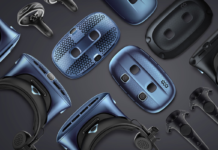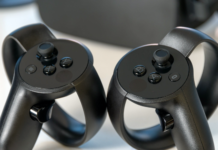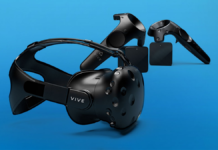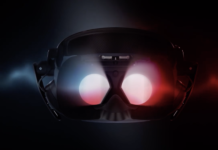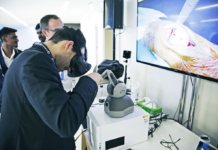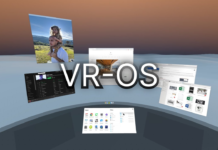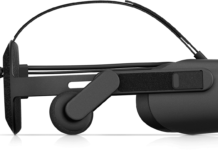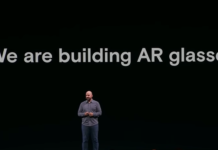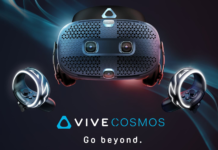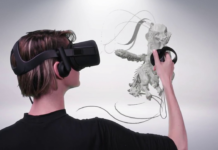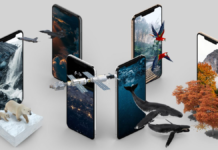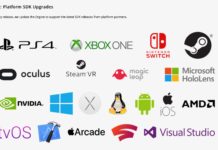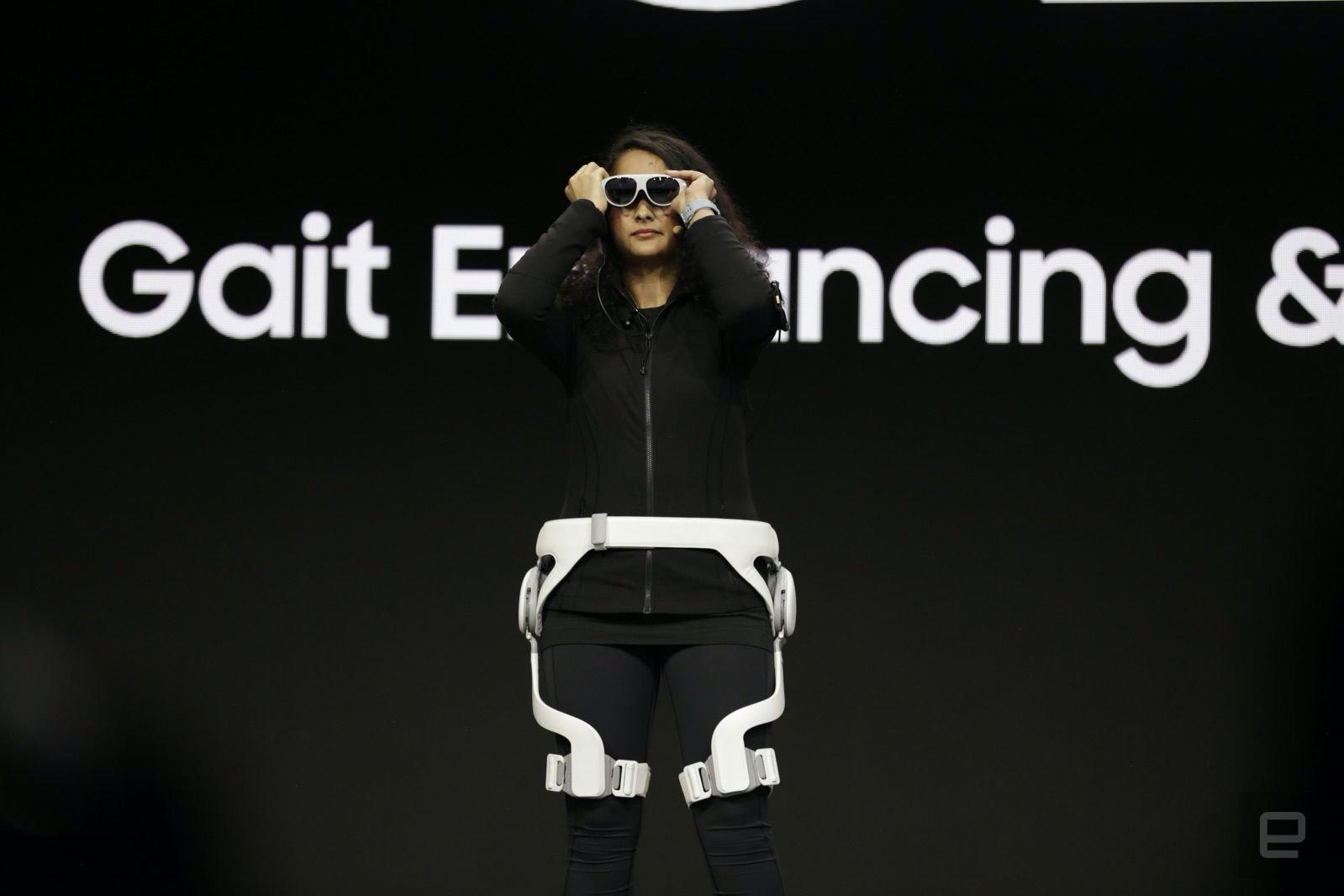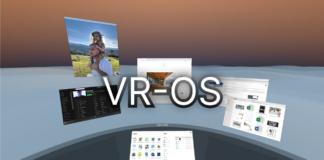Day 1 at CES is always the most interesting day. Some companies are looking to get a jump start on all of the hyper by releasing and showing their most important products on the first day. Others wait until later in the week to show anything news worthy, forcing the media to cover them as the news is slowing down. At the first day of CES, there was a handful of surprising launches (and non-launches. Thanks Samsung) from some intriguing companies.
This our day 1 recap of CES 2020. We will continue to update this post to make sure we cover all VR and AR news for this day in CES history, and will add some of exciting tech hardware releases that aren’t exactly VR/AR related.
Samsung and AR
Samsung demoed their newest exercise hardware, and snuck in some demos of augmented reality glasses with it. The company was showing off the Gait Enhancing & Motivating System (GEMS) when the AR glasses appeared. This GEMS system is an exercise and training platform that is going to be on your whole body. The rep on stage wore an exoskeleton around their legs and body that is supposed to report the users health during the workout.
This is when the AR glasses came out. They look similar to the Nreal Lite version of AR, although they clearly aren’t designed and produced for the same work. These AR glasses from Samsung are designed to assist you in your workout by providing a personal trainer and instructions to your workout.
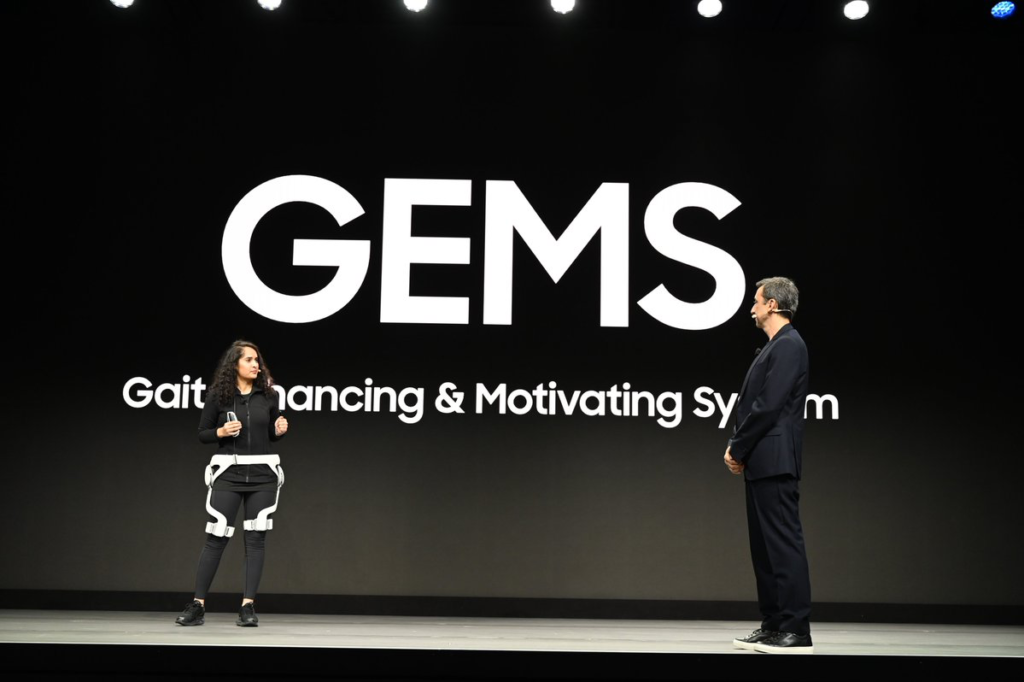
There were no name of the AR glasses, specs, price, or any talk about the product itself. This likely means the product is far from finished, and is a placeholder for the company’s fans until they can further the development of the product.
Nreal Bringing Android Apps to Real Life
Nreal is a Chinese company that is trying to bring consumer-focused AR glasses to consumers before any other major company has the chance to. Their journey hasn’t been perfect, but with each update and release of software, they are taking one step closer. Their latest release has Android users extremely excited. Apple and iOS users, we’ll just have to wait for Apple to bring our their AR glasses next year.
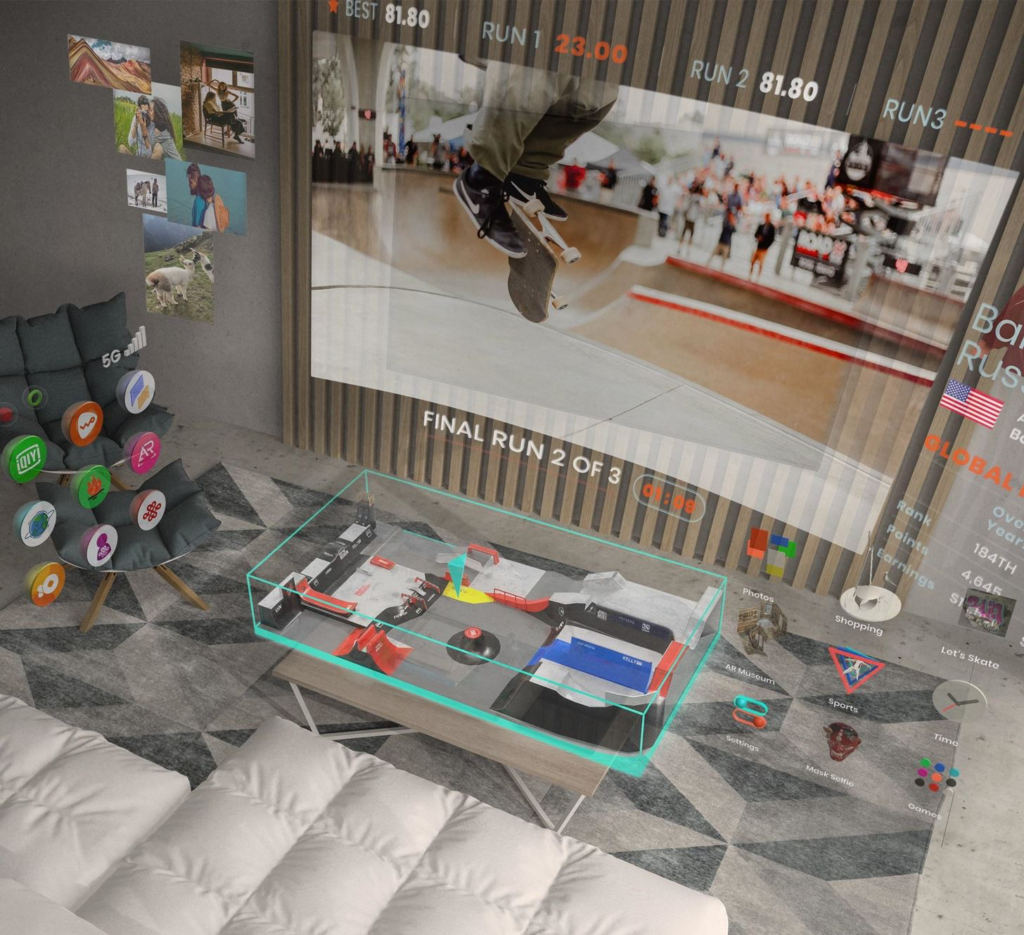
Nreal Nebula is going to be pinning your mobile apps to your real space. This is going to support “all of [users] favorite apps”. If this holds to be true, you could be watching Hulu on a floating screen while you pretend to listen your to your mother-in-law at the dinner table every other Sunday night. The company also says apps will have spatial awareness and remembering, meaning that they will be in the same spot that you left them.
This all sounds great and intuitive, but it is important to know that AR glasses in general are still in the early stages of development and quality. There will be more hardware and software updates to not only the Nreal glasses but as well as AR glasses as a whole. Expect more buzz around these products to come this week.
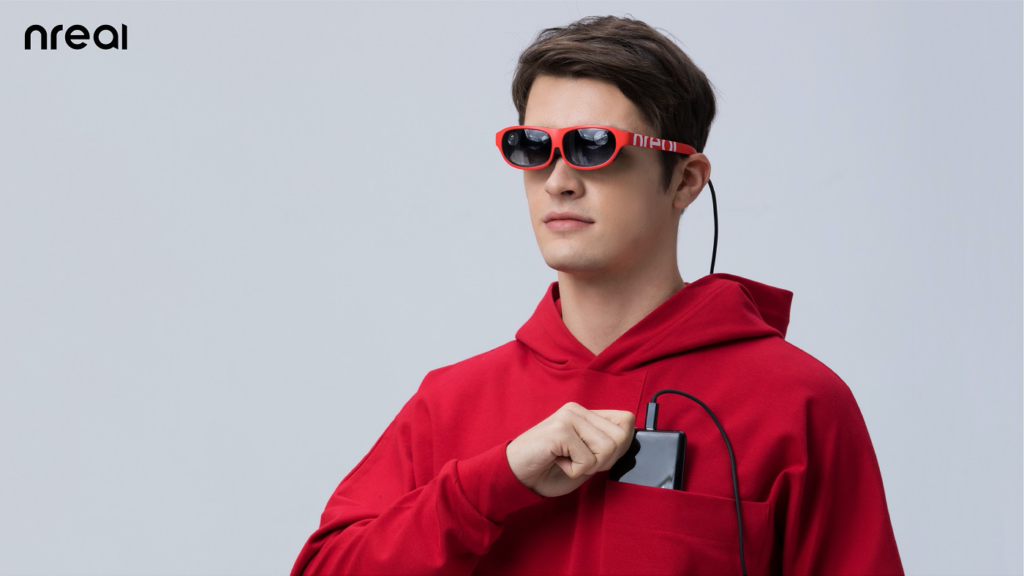
Pimax Goes Consumer
Pimax is known for their high-quality enterprise-focused VR headsets. Their 4K and 8K headsets have an incredible field of view as well as insane resolution. Today at CES, Pimax is showing off the newest headset, the Artisan.
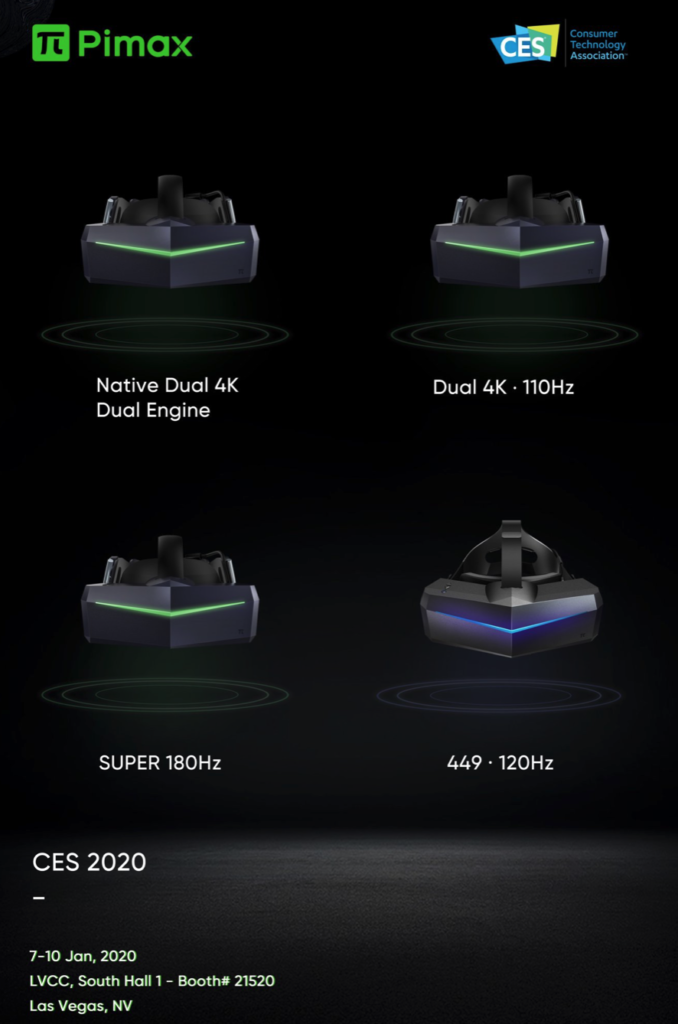
The Artisan is coming in at $449, but the price can increase when upgrades are made. The headset can achieve a 140 degree field of view, 1600×1440 per eye resolution, and refresh rates of 72Hz, 90Hz, and 120Hz. The headset possesses LCD panels. This is already one of the best consumer priced headsets on the market, and it boasts a display that is unparalleled in the consumer market right now.
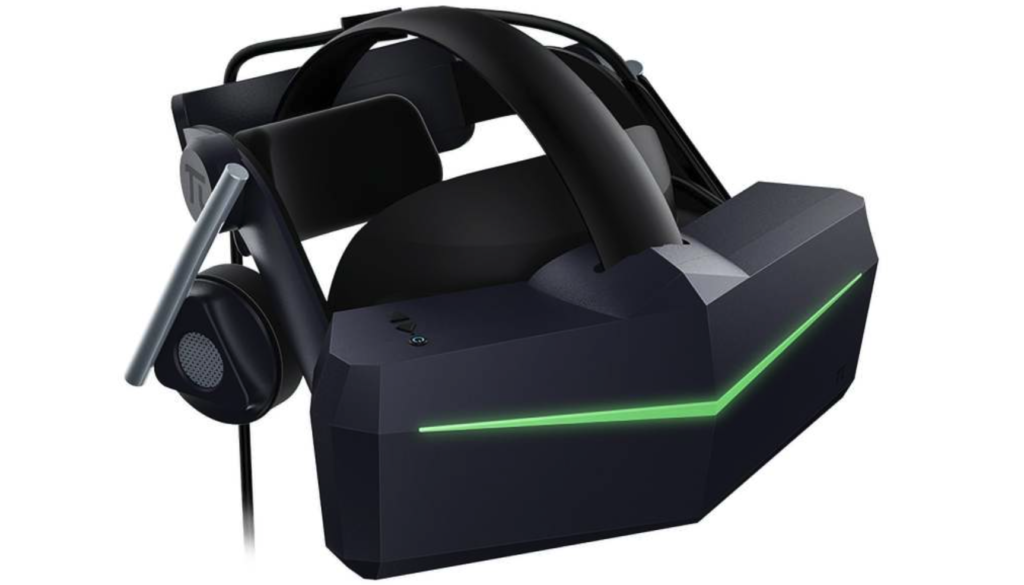
The headset doesn’t come with the included tracking for the $449 price point, as the Nolo positional tracking will cost an extra $200. Even with that purchase though, this price is going to be cheaper than the Vive Cosmos, a headset that doesn’t seem nearly as good as the Artisan right now. More news on Pimax to come this week.
Pimax Unleashes 180Hz
After showing off their new consumer headset, Pimax showed off their newest high-end VR headset. The new headset is the “5K SUPER” and is capable of a refresh at 180Hz. This is the highest refresh rate on the market right now. No other company has been able to demo something of this power, let alone get ready to sell.
The field of view on the 5K SUPER is 170 degrees, hanging out in the same number park as all of the other Pimax headsets. The display is LCD panels with 1440p per eye. On the other end of VR, Oculus has reduced their refresh rates and don’t go up to 90Hz anymore. The Valve Index is capable of 144Hz, but often doesn’t reach that mark due to users PC machines.
A faster refresh rate is going to help motion sickness in VR, as it is going to feel more life-like than ever before. This isn’t going to solve a plethora of problems at once, but this is going to help going forward. There has been no price announcement on the 5K SUPER just yet.
Panasonic Jumps Into VR
At CES today, Panasonic revealed a pair of ultra compact VR glasses/goggles with HDR displays. Although the details are light and it still is unsure if this is in production as a real product or these are just renderings, the company seems like they are going to be joining the worlds biggest tech giants in getting in VR and AR.
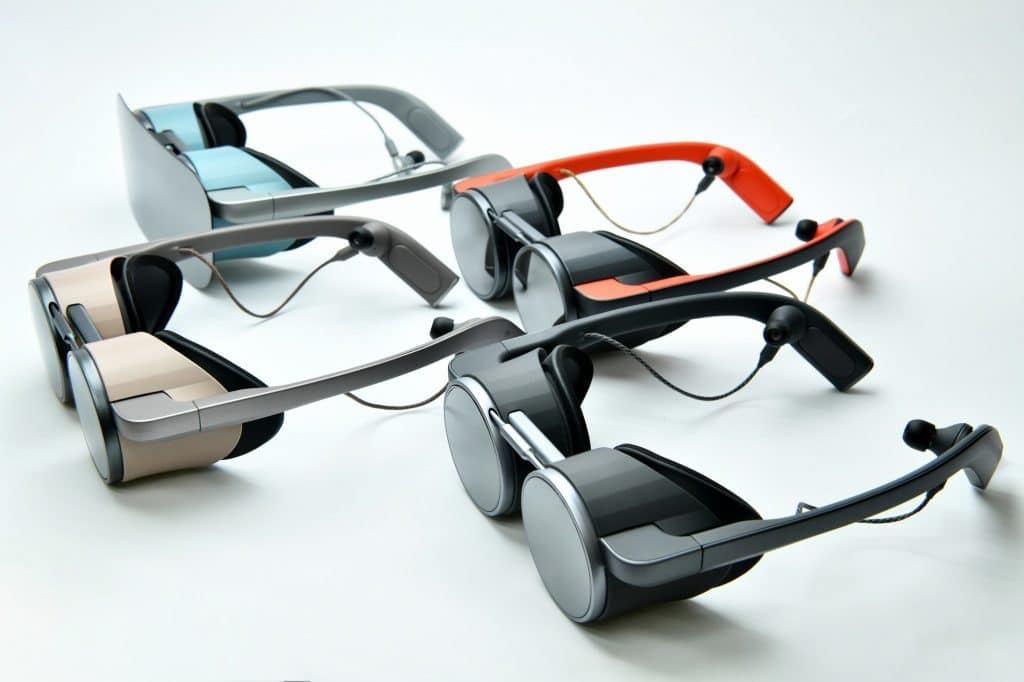
It is reported that the headset uses Microdisplays with OLED panels that have been jointly developed by Panasonic and Kopin. It is interesting to see the company take this route, as most headsets today with Microdisplays have a limited field of view.
The resolution of the headset is 3840×2160, although it is unclear if that is per eye or shared. The displays are HDR (high dynamic range) which means that they the headset will be able to show a wider range of colors and and ranges. This will improve the color and brightness, making it better than nearly every headset on the market. The targeted market is still unknown for this product. More details will come throughout the week.
Nreal Gets New Hardware
Nreal came into CES making a splash with their Nebula software, but that wasn’t all they had in store for the week. The Chinese-based company also showed new hardware in the opening days of CES 2020. The new headset is called Nreal Light.
The new AR glasses weigh a light 88g and the field of view sits at 52 degrees. Neither numbers are earth-shattering, but they are the best ton the market. The glasses work great with your mobile device, unless you are running iOS. Fans are raving about the glasses, but there is a large amount asking for the cable to be gone. Expect more hardware changes by next year.


